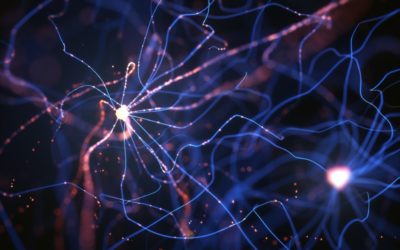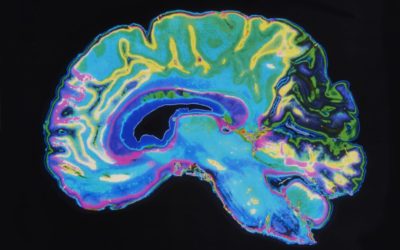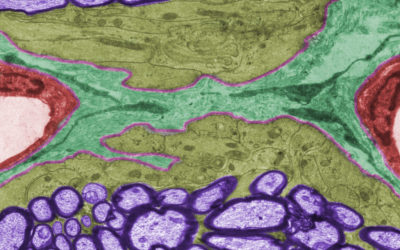
I’ve reported on alcohol a number of times. Most recently reporting that even low quantities of alcohol appear to age the brain (however, higher quantities are much worse).
Researchers had previously found that a signalling molecule pathway in the brain seemed to affect addiction and withdrawal from alcohol. But a team of researchers at Scripps Research Institute have found that activating this, in mice at least, did not impact their withdrawal symptoms. Yes, they do get mice drunk and addicted on alcohol for this research. So, the search is now on to find the precise mechanisms that control withdrawal symptoms. This has many obvious benefits apart from a clearer understanding of withdrawal in general and ways to manage this.
For me I just found it fascinating that this was researched in the first place and that addiction and withdrawal can be controlled by different mechanisms in the brain.
Reference:
Max Kreifeldt, Melissa A. Herman, Harpreet Sidhu, Agbonlahor Okhuarobo, Giovana C. Macedo, Roxana Shahryari, Pauravi J. Gandhi, Marisa Roberto, Candice Contet.
Central amygdala corticotropin-releasing factor neurons promote hyponeophagia but do not control alcohol drinking in mice.
Molecular Psychiatry, 2022
DOI: 10.1038/s41380-022-01496-9
More Quick Hits
We’re Bad at Remembering How Happy We Were
The past ain’t always better – according to this latest research at least…
100 Years of Research Reveal the Most Effective Methods for Learning
New technologies, new research? No, the old methods are the best, and it’s surprisingly simple.
Why Too Much Talent May Harm Performance
This may sound like a strange thing to say – but talent and team coordination are different things…
How Nutrition Can Increase Motivation – In the Brain
Fascinating study on how antioxidants (and therefore also nutrition) in the brain can increase motivation…
Mindfulness Intervention as Effective as Drugs in Anxiety Disorders
An important study showing how mindfulness is as effective as medication – without the side effects…
New Insights into How the Teenage Brain Develops
Teenagers’ brains go through substantial changes – and now we know more of some of these…
Screen Time Boosts Wellbeing in Teenagers!
Screen time is considered a modern technological evil – maybe not so for teenagers…
Taking Photographs of Slides Improves Memory of Presentations
Taking pictures has been shown to reduce memory – but this study shows the opposite…
How Your Brain Eats Itself – To Improve Memory
Your brain eats itself – gruesome eh! Actually this appears to be a good thing most of the time…
A Regular Routine Makes You Happier and Smarter
Recent research just published shows that a regular routine with plenty of activity protects against depression and preserves cognitive function!










